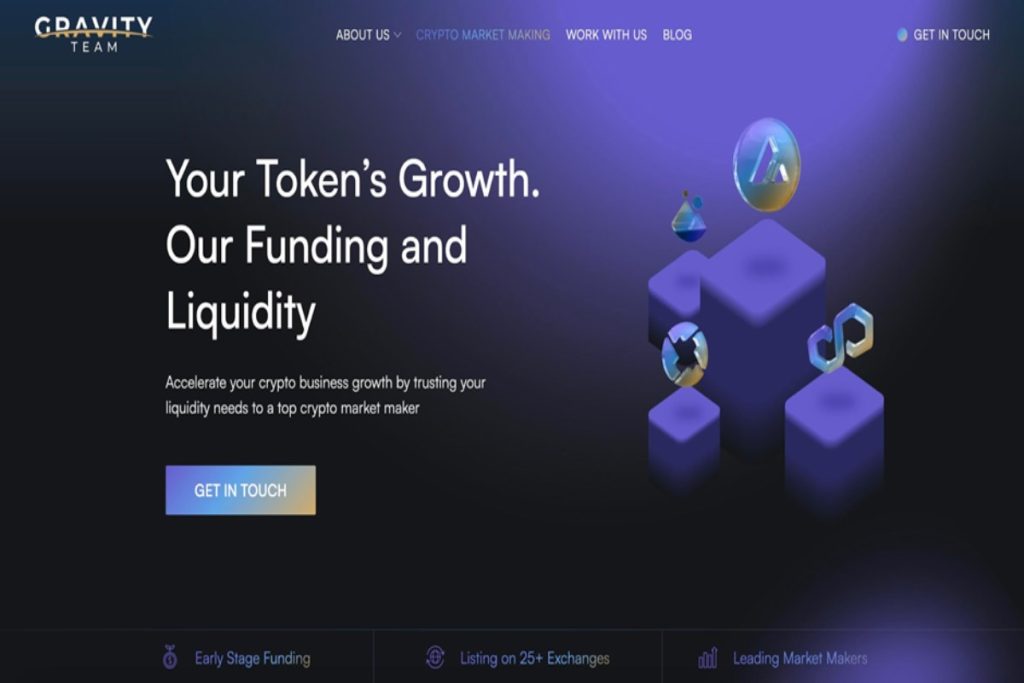A market maker is a brokerage firm that provides liquidity for digital assets, like cryptocurrencies. These firms offer full order books and bid-ask spreads that ensure that buyers and sellers can trade in a liquid manner. Generally, they are hedge funds, private companies, or brokerage houses. They are an important part of the crypto ecosystem because they help provide liquidity and lower volatility.
This services are often accompanied by rebates and other incentives. However, some of this makers can engage in bad practices that hurt users. If you’re considering working with one, be careful. Many of the practices you might encounter can be detrimental to your reputation. Choosing a company that uses best practices and ethical methods is crucial.
One common practice is known as ramping. It’s an attempt to drive up prices by creating the impression of a big buyer. While this tactic might work initially, it will disappear after a short period of engagement with a market maker. In addition to manipulating volume, this strategy can also lead to losses.
Price manipulation is a serious issue in the crypto space. It’s illegal in regulated markets and can negatively affect relationships with investors and exchanges. Although it may not be directly linked to the price of a token, it can damage the reputation of the traded asset.
Some well-intentioned ICO founders will use market making to boost visibility and attract more sophisticated investors. However, this is not a recommended approach. Using a market making service without proper knowledge and understanding can lead to devastating consequences. Even more so if it results in the token’s price falling.
Another common tactic is called “wash trading.” This involves the creation and filling of orders for an asset. In exchange, the market maker receives a payout. Often, this maker can only commit to a certain quote size. When a larger buyer comes in, this maker can reverse the order and sell it at a higher price. The practice can be effective in raising the price of the asset, but it can also cause losses for the market maker.
Typically, crypto market making is beneficial for both buyers and sellers. It minimizes friction costs, such as the time and effort required to trade, and it can make the market more liquid. By allowing new investors to enter the market, it increases the potential for crypto projects to gain traction and raise their market cap. Moreover, some of this makers use advanced market making software to achieve their goals.
Unlike a traditional, crypto markets are not regulated. Therefore, many market-making firms are not immune to the problems that plague the industry. For example, Wintermute and Alameda Research have both experienced significant problems in recent months.
Another common issue in the crypto space is price volatility. The markets have very high volatility and it can be difficult for traders to obtain good prices. Fortunately, there are several firms that provide effective market making services to ensure that there is sufficient liquidity in the market.
